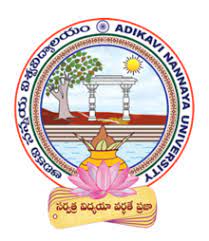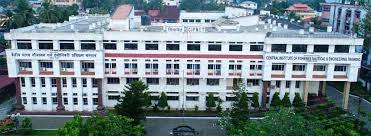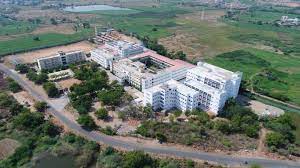A Ph.D. in Statistics requires a background in science or mathematics and is the highest degree in the field. Students may be admitted to one of several graduate programs and can choose to specialize in a particular area. The degree varies in its requirements and the type of coursework students need to complete. A master's degree in a related field is recommended. An advanced degree is usually required to teach statistics at the college level.
The doctorate degree in statistics requires a student to have completed advanced calculus, linear algebra, probability, and statistics. It also requires students to have some experience in computer programming and have at least a B average in these areas.
In addition to coursework, doctoral students must complete an original dissertation. The dissertation is an original, substantial work of research, and is the most important aspect of the doctoral program. After achieving candidacy, the student must focus exclusively on thesis research. The dissertation is supervised by a doctoral committee, which consists of three regular Statistics faculty members and one member of another department. The doctoral dissertation is then presented to the committee and evaluated in a public oral defense.
Eligibility:
Candidates who want to take admission in Ph.D. must have a post-graduate degree in Statistics with at least 55% marks from a recognized university and must have passed the national level entrance examination or university level entrance examination. National level entrance exams like UGC NET / UGC CSIR NET / GATE / SLET or University entrance exam consisting of written tests and personal interviews.
The benefits of a Ph.D. in Statistics
The Ph.D. in statistics is a flexible degree that is less expensive to obtain than other PhDs. Unlike other PhDs, Ph.D. graduates can pursue careers in teaching or research. The degree usually takes four to five years to complete, so it might be worth it to earn it as early as possible. However, if you don't plan to teach for a living, a Ph.D. in statistics can lead to a more lucrative career in teaching or research.
A Ph.D. in statistics is a great choice for career flexibility. While other PhDs may seem overqualified for jobs that don't require a Ph.D., the statistics Ph.D. is flexible enough to fit almost any career. Those who have their doctorates in this field typically go into the financial sector, academia, and government. They are also ideally positioned to pursue a career in academia.
Future scope after Ph.D. in Statistics
A Ph.D. in statistics offers a more flexible career path than many other PhDs. In general, PhDs are considered overqualified for non-academic jobs. However, the field of statistics offers a number of interesting career options. A Ph.D. in statistics can be a valuable addition to a resume. In fact, the future scope of a Ph.D. in statistics is vast.
Besides being useful in numerous fields, a Ph.D. in statistics can be useful in many career choices. Those who want to work with computer data often choose to apply for the Indian Economic and Civil Services. Others choose to work in software development, actuarial science, finance, and analytics. Despite the wide range of potential careers, statistics graduates have a wide variety of options for their skills and education.
A Ph.D. in statistics can help you achieve a wide range of positions in the field. Graduates can apply for the Indian Statistical Services, Civil Services, or Economics Services. Other career options include finance, analytics, and software development. With an advanced degree, you can even work in the financial industry or in actuarial science. Another option is to write articles about your analysis.
Career and job opportunities after Ph.D. in Statistics
Ph.D. is considered to be the highest academic degree, it also takes a long time to obtain, making it less appealing for non-academic positions. However, the average starting salary for a statistics Ph.D. is quite attractive, so it's worth considering. Here are some pros and cons of a Ph.D. in statistics.
As a Ph.D. graduate, you'll have the opportunity to pursue a number of careers in a variety of fields. A Ph.D. in statistics will allow you to work as a statistical researcher or in a senior position in data science. The field of statistics is booming and is expected to continue growing. As a result, there are many jobs available with this degree.
A Ph.D. in statistics will prepare you for an academic career or to take on a leadership role in a company or government agency. A Ph.D. in statistics will help you become an expert in data analysis and interpretation, and many fields have an abundance of jobs in the field. You'll be well-trained to analyze data for government and industry, and you'll be an expert in statistical research.
Course Duration:
The Ph.D. statistics courses are a minimum of 3 years and a maximum of 5 duration. This depends on the university offering the course.
Course Fees:
The average fee for a Ph.D. statistics degree is between INR 50000 and INR 500000.
 5 Years
5 Years
 PhD
PhD
 Research
Research

































 back
back